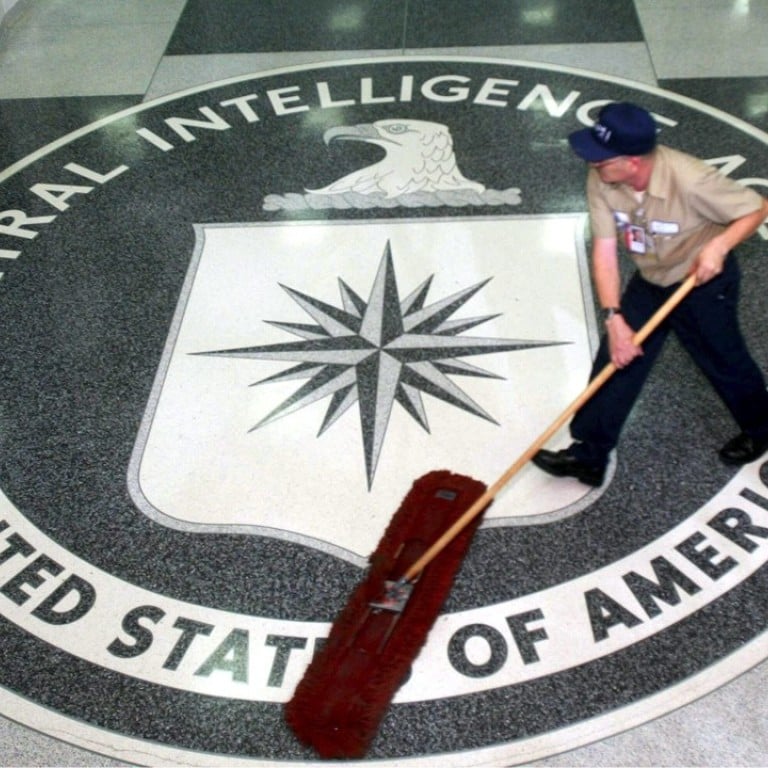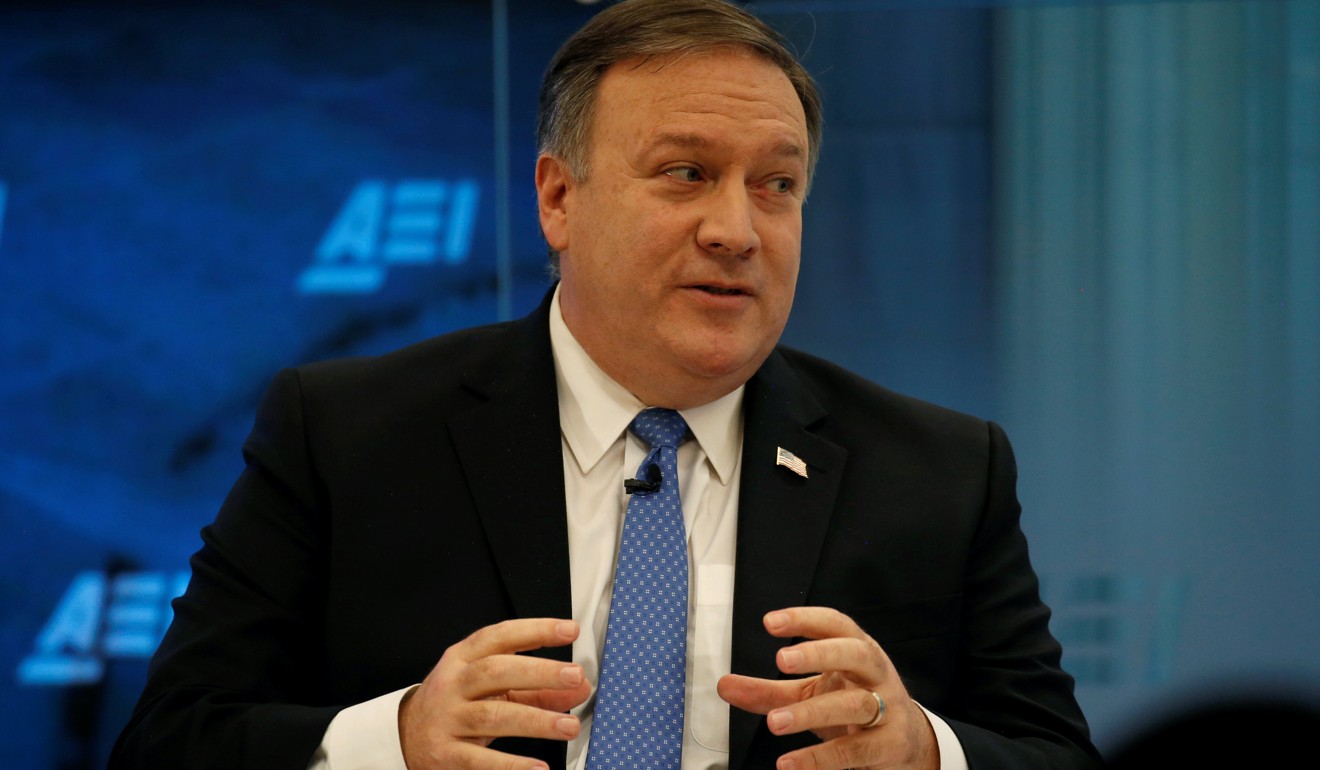
CIA denies agents were scammed out of US$100,000 by mystery Russian offering ‘kompromat’ and NSA malware
The CIA on Saturday categorically denied reports that it was conned by a mystery Russian who promised compromising information on US President Donald Trump.
The secretive agency rarely issues any kind of comment, but came out to deny the report in The New York Times and a similar one on The Intercept website.
“The fictional story that CIA was bilked out of US$100,000 is patently false,” the Central Intelligence Agency said in a statement.
“The people swindled here were James Risen and Matt Rosenberg,” the CIA said, referring to Times reporter Rosenberg, who wrote the story, and Risen, a former Times reporter who wrote The Intercept’s article.
Both reports appeared on Friday.
The president tweeted approvingly that the Times article shows a need to “drain the swamp” in Washington.
In a story worthy of a John le Carre novel that included secret USB-drive handovers in a small Berlin bar and coded messages delivered over the National Security Agency’s Twitter account, CIA agents spent much of last year trying to buy back from the Russians hacking programs stolen from the NSA, the Times reported.
The seller also repeatedly pressed US agents with offers of compromising materials, or kompromat, on Trump, according to the report.
Reached through a chain of intermediaries, the seller reportedly wanted US$1 million after quickly dropping his opening demand of about US$10 million.
The US$100,000 was an initial payment by US agents still dubious he really had what he was promising.
In its report, the Times cited US and European intelligence officials, the Russian, and communications the newspaper reviewed.
The Intercept reported that the “off-the-books communications channel” with Russia created rifts in the CIA, which is led by Trump loyalist Mike Pompeo.

Special Counsel Robert Mueller is investigating possible links between Trump’s presidential campaign and Moscow.
Democratic Congressman Ted Lieu said in a tweet Friday that Risen’s article “suggests the CIA Director fears getting information damaging to @realDonaldTrump that is being offered by Russians.”
If that is true, Lieu said, “the CIA Director needs to explain his actions to Congress. He took an oath to the Constitution, not to Trump.”
Trump on Saturday referred favourably to the Times article about the Russian who “sold phony secrets on ‘Trump’ to the US”.
“I hope people are now seeing and understanding what is going on here. It is all now starting to come out – DRAIN THE SWAMP!” he tweeted, in a reference to what he sees as a need for reform.
Trump has frequently criticised the Times, which has published numerous investigative reports about him and his administration, calling it a “failing” newspaper providing “fake news.”
Trump has repeatedly denied any collusion with Russia.

.png?itok=arIb17P0)